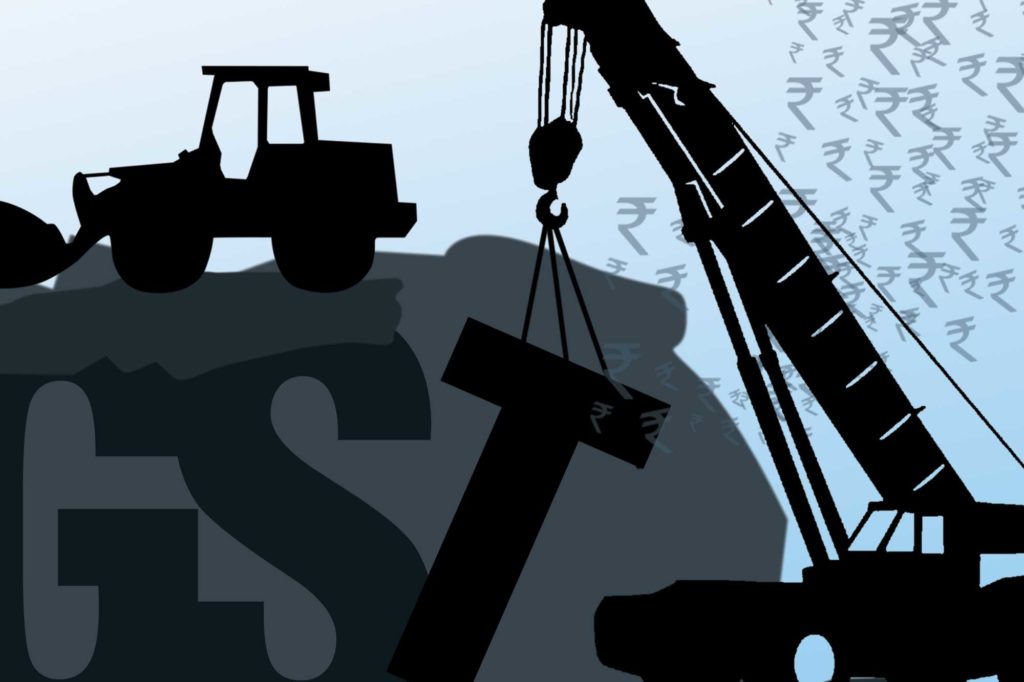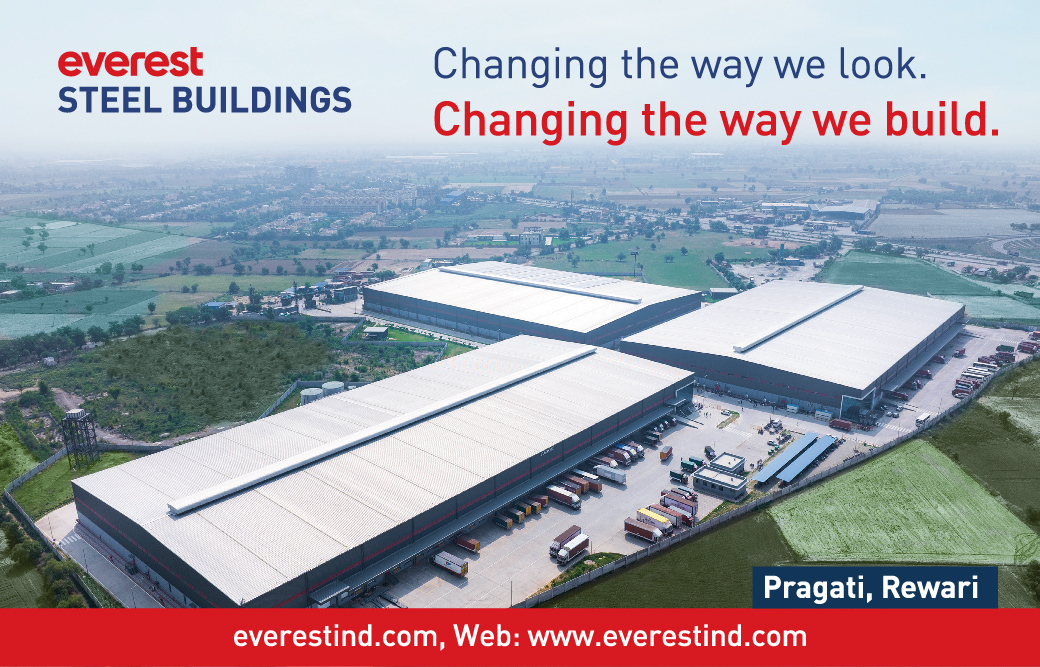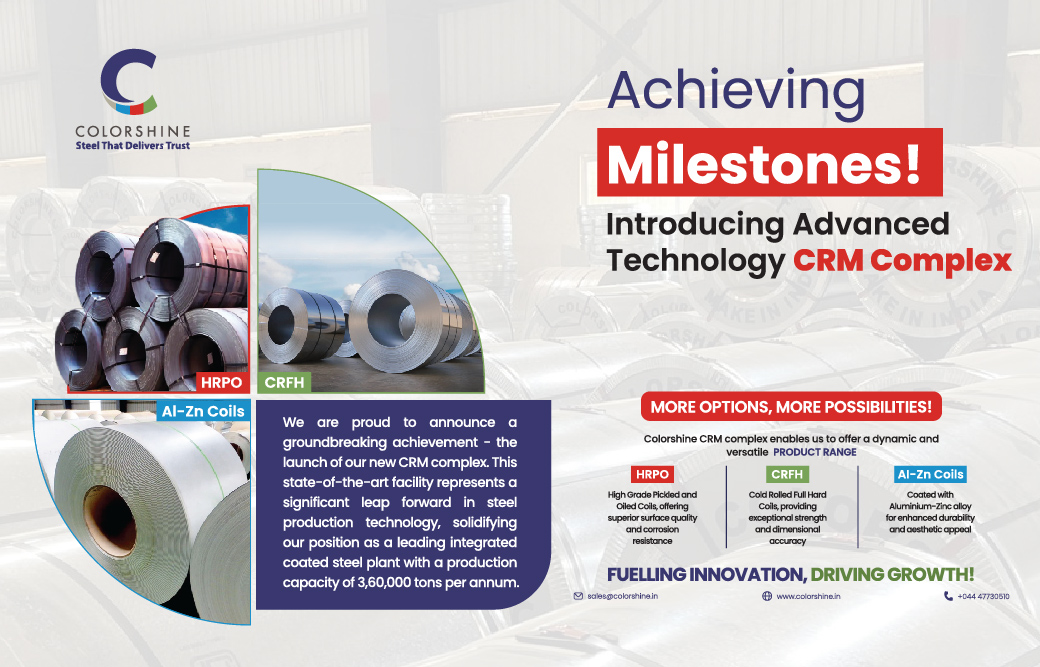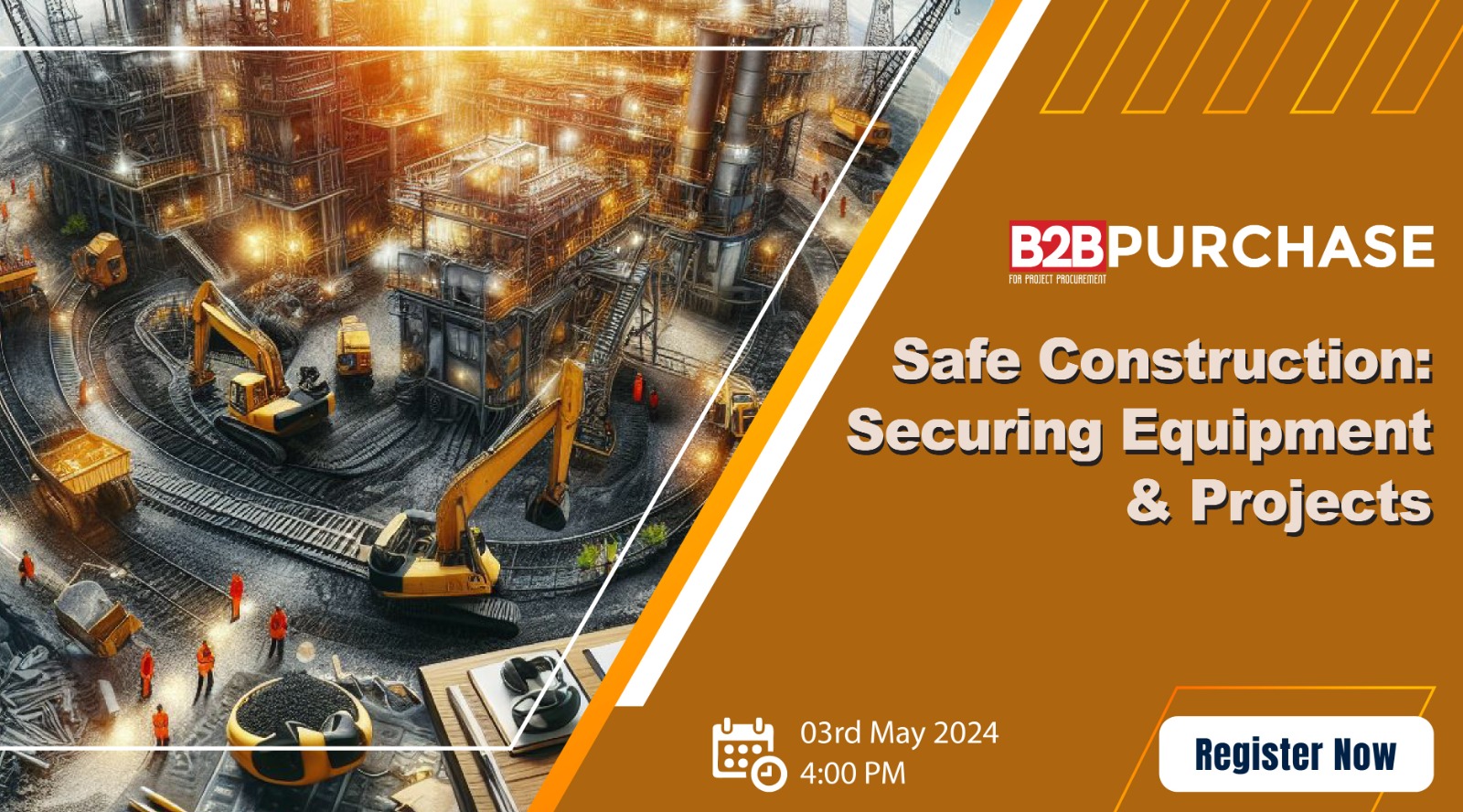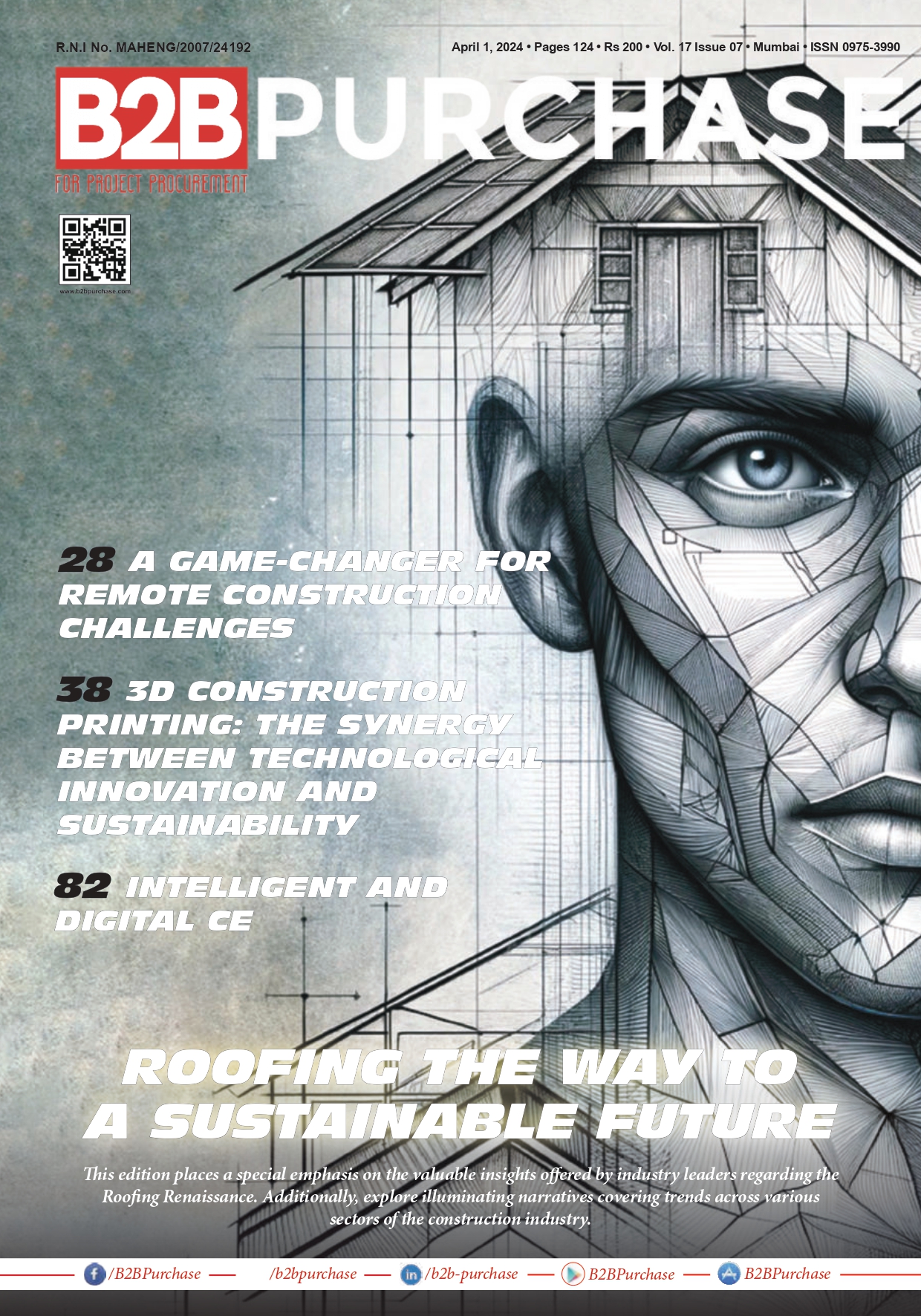An in-depth analysis on how the GST rates will affect equipment financing biz.
T he introduction of Goods and Service Tax (GST) is the largest reform since opening up of the Indian economy. GST paves the way for the ‘One Nation One Tax’ ideology. India having federal democratic structure had multiple States and Union Territories based indirect taxes with certain additional central levies. This lead to multiplicity of taxes and a cascading effect which lead to tax on tax. This multiplicity has been a contributing factor to fillip inflation over a period of time. In order to curb such cascading effects, the amalgamation of taxes was eminent. Experts from the industry share their opinion on how GST rates going to affect the equipment financing biz. Take a look:
A mixed bag of ‘pros’ and ‘cons’
Devendra Kumar Vyas, CEO, Srei Equipment Finance Pvt Ltd says, “The impact of GST on the Infrastructure equipment and its financing is a mixed bag of pros and cons. There are many areas within the financial domain affected by the advent of GST. Consider leasing; despite being amongst the top 10 economy, the Indian leasing volume is less than 3 per cent of global volumes. We are ranked outside the top 50 nations while our BRICS peer is all within top 20.”
He adds, “GST on leasing harmonises input across all levels to make the end product cost effective to the consumer. Higher rates under GST leads to requirement of higher working capital as at any point of time the input tax might not be fully absorbed against output tax liability. It also results in higher cash flow which consequently increases the credit risk on the underlying transaction. Both of the above factors result in increasing the cost of leasing equipment. In order to sustain the nascent leasing Industry in infrastructure space, it is desirable that full input tax credit is allowed instead of providing a blanket restrictive clause.”
Impact of GST on working capital
As far as infrastructure equipment is concerned, majority of equipment comes under the 28 per cent bracket, which is considerably higher than the previous tax regime. Higher tax outgo not only makes it difficult for small contractors to claim input credit but also results in higher working capital requirement for the industry as a whole. This may impact the pace of infrastructure creation in short term. It will be prudent to reduce the rates of GST on this equipment as they are essentials for building the Indian Infrastructure.
Moreover, Vyas added, “Overall, GST is a positive step for our nation, outweighing its few glitches. GST will bring in transparency and seamlessness of transactions. We are entering a new phase where we will witness new ways of doing business. How the GST impacts at the micro-level is something we have to wait and watch. Meanwhile, we need to support this initiative and work towards making a newer and better India.”
GST: A milestone
“The implementation of GST is definitely a milestone in the history of financial reforms in India. The magnitude of changes it proposes to bring in is huge and I feel it will have positive impact on many industries. However, on immediate term some sectors where the tax rates are higher are expected to face heat. The construction equipment sector which was expected to do well in FY18 following the Government of India’s much needed allocation in the last union budget, may face few uncertain months following implementation of GST. This is not good news for the sector which has witnessed sluggish growth since 2011,”says Kaushik Banerjee, CEO – ABF Biz, Magma Fincorp Ltd.
He adds, “For the first time in five years, in 2016 the industry grew following the push from the government. Many of the long stalled projects resumed which pushed capacity. However, three consecutive hurdles, including demonetisation in November 2016, confusion over ban on BS III automobiles in April 2017 and now GST have slowed things down again.”
Banerjee informs, “While the impact may not be very high on back hoe loaders as the cost impact is merely
` 60,000- ` 70,000, so it remains BAU for the lower priced CE assets, The impact on assets such as Excavators, which are priced higher and the increase in price is in the range of ` 3,00,000 –
` 4,00,000 per asset, may result in subdued demand.”
Around 50 per cent of the equipment falls under the 28 per cent bracket. These include wheeled-loaders, backhoe loaders, soil compactors, and excavators. These are vital for raising the rate of road building to 40-km per day by March next year from the current 23-km a day.
Banerjee opines, “What the price increase does is that it impacts the cash flow of contractors who undertake infra projects. Hence, the current surge of infrastructure-related activities may be adversely affected.”
Further Banerjee asserts, “The immediate impact of increase in rate may be 10 per cent-15 per cent drop in sales. However, given the expected growth in construction activity as 2019 is approaching, there is bound to be resurgence in demand over the medium to long term.”
Implementation of GST to attract financing opportunities
Santosh Aiyer, Managing Director, Volvo Financial Services says, “The implementation of GST has opened up structured financing opportunities such as leasing. This is a good development which benefits customers, as they will now be able to set-off GST, whereas this was not wholly possible with indirect taxes in the past.”
Aiyer claims, “For Volvo Financial Services, we remain focused on selling a one-stop solution to our customers according to their business needs. We offer tax-efficient financing solutions to our customers that will result in an ‘effective cost of borrowing’ when the GST set-off is taken into account.”
Lastly, he concludes, “Customers who understand and use the set-off of GST to their advantage will benefit the most, as compared to customers who focus on interest rates, which could be misleading. Thus, GST should prove to be a game changer for both smart borrowers and smart lenders.”
Cookie Consent
We use cookies to personalize your experience. By continuing to visit this website you agree to our Terms & Conditions, Privacy Policy and Cookie Policy.
